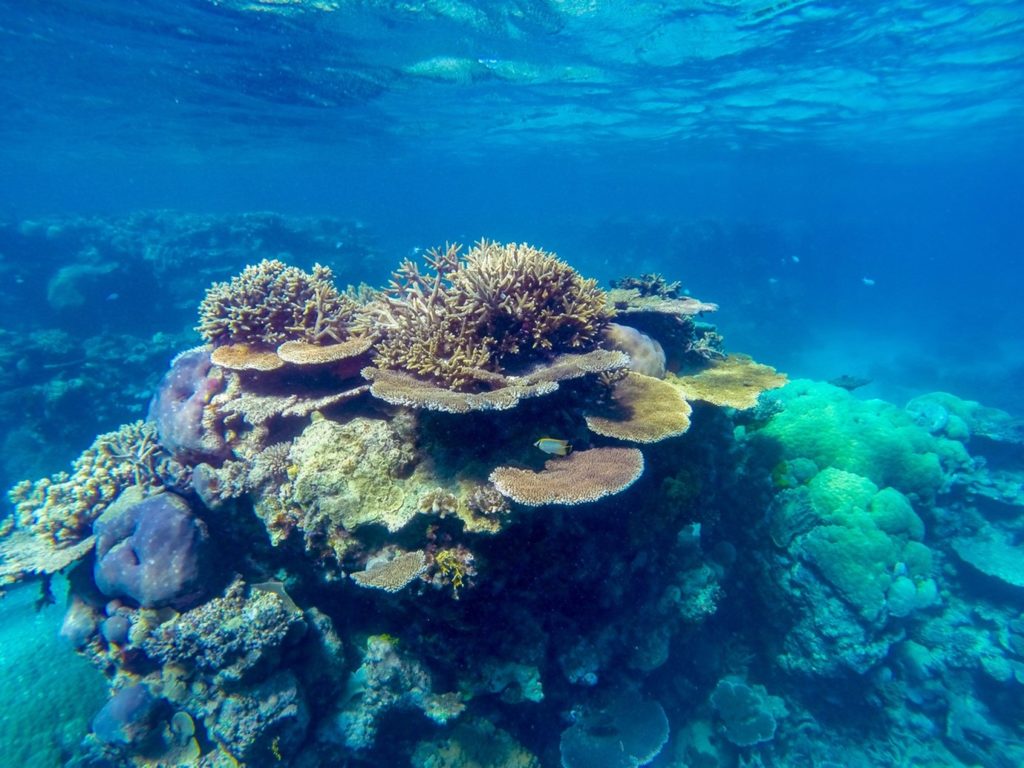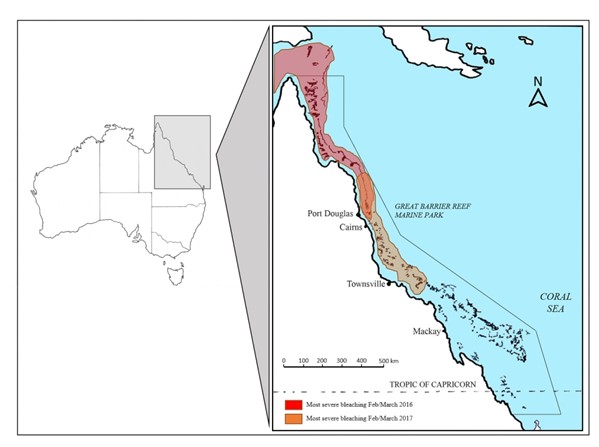
Celebrities are increasingly important actors in social disputes, with their high public profiles used to amplify political campaigns and businesses using celebrity endorsements to promote their brands and justify their actions. Celebrities are particularly prominent in climate politics in endorsing green issues, educating citizens about pressing environmental concerns, as well as potentially defending implicated industries from critique.
While much of the literature on celebrity environmentalism focuses on whether they help or hinder public awareness of different causes, this research has neglected the diverse roles that celebrities play in mobilizing participation with social and environmental concerns.
In our recently published article in the Journal of Management Studies, we examined the different roles that celebrities play in public disputes and how their claims are evaluated. We did this through a detailed longitudinal case study of one of the largest environmental disputes in recent times: the coral bleaching of the Great Barrier Reef.
The bleaching of the Great Barrier Reef and celebrity voices
During the Australian summers of 2016 and 2017, the world’s largest coral reef system, the Great Barrier Reef, suffered an unprecedented series of back-to-back bleaching events contributing to the death of a significant proportion of shallow-water coral. These bleaching events resulted from climate-induced warming ocean temperatures and led to a major public dispute over the survival of the Reef and the Australian Government’s continued support for expansion of coal and gas exports.

In the widespread global media coverage that followed, environmental campaigners, the tourism and mining industries, and politicians engaged in claim and counterclaim over the health of the Reef, the severity of the bleaching and how to respond. A key resource in this dispute were celebrities of various kinds who were enlisted to shape public understanding of the issue. These included movie stars, musicians, media identities, politicians, business leaders, environmentalists, artists and sports stars who had a high public profile and were recognised for their fame.
Celebrities and ‘orders of worth’
One way of conceptualising the varying roles of celebrities in public disputes is through the ‘orders of worth’ framework developed by the French sociologists, Luc Boltanksi and Laurent Thévenot. Studying situations of social dispute, Boltanski and Thévenot highlighted various moral orders derived from political philosophy to show how actors’ justifications are evaluated according to different principles of good or worth. In their book On Justification (2006), they outlined six worlds of worth with different recognized principles that actors can mobilize in evaluating or critiquing claims in public debates: ‘the inspired world’, ‘the domestic world’, ‘the civic world’, ‘the market world’, ‘the industrial world’ and ‘the world of fame’. Later studies proposed additional orders of worth including the ‘project’ world and the ‘green’ world.

Empirically grounded ‘orders of worth’ (Wright & Nyberg, 2015: p.104)
This framework reflects the multiple spheres from which celebrities enter public disputes and qualify their positions. Moreover, the framework highlights ‘fame’ as a defensible worth that people refer to in their everyday life. This moves the idea of celebrity beyond the individual that is famous, to the features that qualify actors to draw upon public opinion in influencing others.
In our analysis of the dispute, we identified three key roles that celebrities could play in engaging in public environmental disputes.
Celebrities as popularizers
A common role for celebrities is simply to provide their popularity and public recognition as a worth to a cause. Given their fame and the significant numbers of fans they can marshal, having a high-profile celebrity associated with a cause can significantly broaden public recognition of an issue. For example, key celebrities that voiced public concern over the future of the Reef included Hollywood movie star Leonardo DiCaprio, former US President Barack Obama, billionaire businessman Richard Branson, and television naturalist Sir David Attenborough.
Nor were such popularizing celebrities limited to environmental protest, with counterclaims of the Reef’s health voiced by rival celebrities enlisted by the tourism and mining industries.
However, in popularizing, celebrities are only tested in the world of fame, i.e., whether they gain media attention and reach large audiences. Hence, their claims if assessed in alternate worlds (e.g. the ‘green world’) can be critiqued for their lack of expertise and standing in this world.
Celebrities as authorities
Beyond simple popularization, a second role that some celebrities could undertake was as authorities in which they exhibited a domain expertise that allowed them to be tested in other worlds. For instance, in our study this was evident in the involvement of well-known scientists who engaged in reality tests of the health of the Reef from within the green world in which they were qualified subjects.
For instance, leading marine and reef scientists like Professor Terry Hughes and Dr Charlie Veron (the ‘godfather of coral’) could express opinions about the decline of the Reef from a position of expert authority. Indeed, these experts became celebritized through media coverage including high-profile movies such as Chasing Coral.
Celebrities as visionaries
However, a third role that some celebrities played in this dispute went beyond simply voicing competing claims about the health of the Reef and sought to galvanize public support by expressing emotional reactions and articulating an existential critique of prevailing politics.
As visionaries, celebrity musicians, artists and writers framed their political engagement with a personal identification with the Reef, through references to their experiences, communities and spirituality.
Here, celebrities gained audiences in expressing the injustices of the situation, and as recognized public identities, could share their experiences through their craft even where they lacked environmental legitimacy. They produced existential tests that were not dependent on coherent justifications or established conventions.
Moreover, given their extensive audience, celebrities were able to collectivize their personal experiences of the Reef’s plight which then created a platform for more radical political action (e.g. growing public opposition to new coal mines). Existential tests thus appear particularly suited to celebrity actors given their extensive public renown, as they fail only if the subjective experience was not collectivised and shared among people.
Celebrities in an age of consequences
While it is easy to reject celebrities and fame as sources of meaningful expertise, by moving beyond a simple popularization of environmental concerns, celebrities can through existential tests provide more radical critiques that resonate to global audiences. While these interventions may offer hope in responding to a worsening climate crisis, it remains to be seen whether these interventions are sufficient to challenge the prevailing assumption of continued human progress in a rapidly unravelling world.
Image of Coral by Christopher Wright IG @chriswrightau

0 Comments